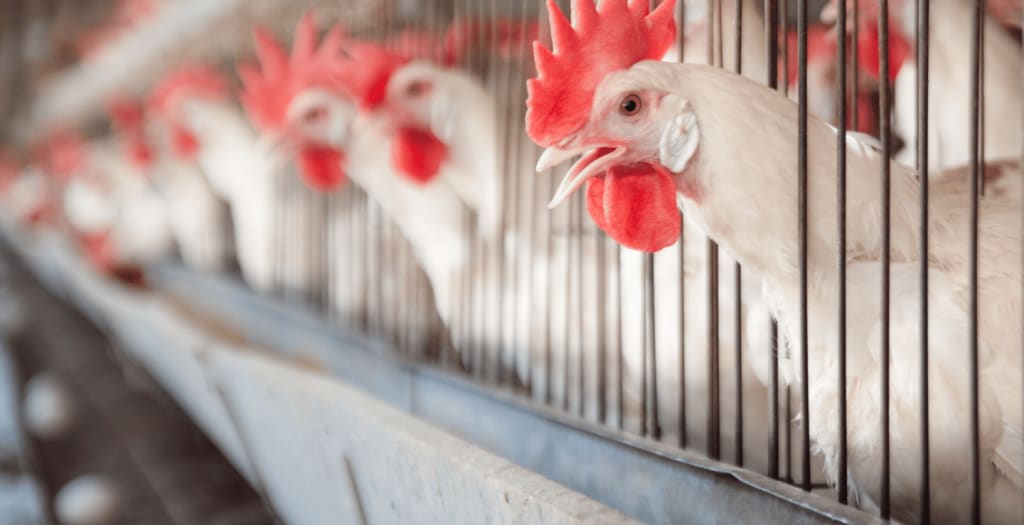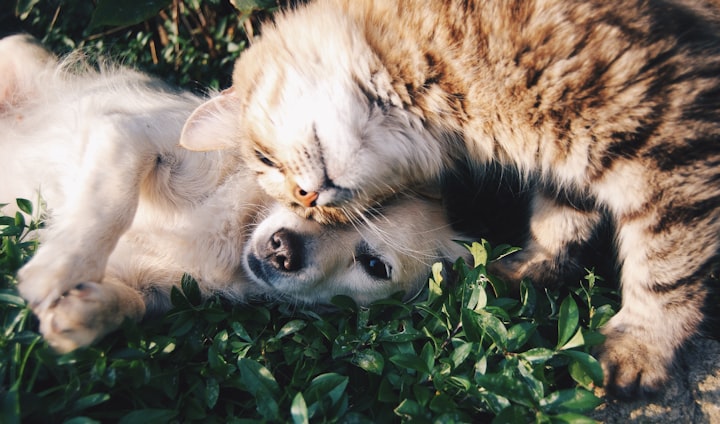
The cage-free campaign has emerged as a powerful force driving significant change in the treatment of animals within various industries, particularly commercial farming operations. This article highlights the crucial importance of the cage-free campaign in promoting animal welfare, reshaping industry practices, and fostering a more compassionate and ethical relationship between humans and animals.
Elevating Animal Welfare Standards:
At the core of the cage-free campaign lies the fundamental belief that animals deserve to be treated with dignity and respect. The campaign challenges the notion of confining animals in cages, recognizing the inherent cruelty and distress associated with such practices. By advocating for cage-free farming systems, the campaign strives to improve the lives of animals, providing them with the freedom to engage in natural behaviors and reducing the physical and psychological stress associated with confinement.
Cage-free systems offer animals larger living spaces and the ability to move freely, allowing them to exercise their natural instincts. Hens, for example, can roam, perch, and dustbathe, while pigs can root and explore. These systems provide a more enriched environment that enables animals to express their natural behaviors and experience a better quality of life.
Enhancing Animal Well-being:
Cage-free farming systems offer significant benefits in terms of animal well-being. By providing animals with larger living spaces and opportunities to move, socialize, and exhibit natural behaviors, these systems promote physical and mental health. Farm animals reared in cage-free environments experience reduced instances of stress-related behaviors, such as feather-pecking in hens or tail-biting in pigs. They have the freedom to engage in activities that are essential to their well-being, including nesting, foraging, and exploring their surroundings.
Moreover, cage-free systems contribute to better animal health outcomes. The reduced stress and improved ability to move and exercise help strengthen their immune systems, reducing the likelihood of diseases and infections. Additionally, the enhanced living conditions in cage-free systems can lead to healthier, happier animals, which can have a positive impact on the quality of the products derived from them.
Promoting Sustainable Agriculture:
The cage-free campaign also aligns with the goals of sustainable agriculture. By advocating for cage-free systems, the campaign emphasizes the importance of environmental stewardship and resource efficiency. Cage-free farming systems often prioritize practices such as rotational grazing, which can help maintain soil health and reduce environmental impacts. Additionally, these systems may have a smaller carbon footprint compared to intensive confinement systems, as they allow animals to exercise and expend energy more naturally.
Cage-free systems can also contribute to the preservation of biodiversity and ecosystem balance. By providing animals with access to outdoor spaces, they can interact with their natural environment, fostering a more harmonious relationship between farming operations and the surrounding ecosystem.
Fostering Ethical Connections:
The cage-free campaign invites individuals to reflect on their relationship with animals and fosters a more ethical and compassionate connection. By advocating for cage-free systems, the campaign emphasizes the importance of recognizing animals as sentient beings deserving of respect, care, and a life free from unnecessary suffering. This shift in perspective promotes a greater sense of empathy and responsibility towards all living creatures, encouraging a more harmonious and compassionate coexistence between humans and animals.
As individuals become aware of the realities of animal confinement and the benefits of cage-free systems, they can make conscious choices that align with their values and contribute to the well-being of animals. By supporting the cage-free campaign, individuals can actively participate in creating a more compassionate and ethical society.
Conclusion:
The cage-free campaign holds immense importance in improving animal welfare, promoting sustainable agriculture, and reshaping industry practices. By advocating for cage-free farming systems, the campaign strives to elevate animal well-being, meet consumer demand for ethically produced products, and foster a more compassionate and ethical relationship between humans and animals. As more individuals, businesses, and policymakers join the cage-free movement, the vision of a world where animals are treated with dignity and respect becomes increasingly attainable. By supporting the cage-free campaign, we can collectively work towards creating a more humane and sustainable future for all beings.





Comments
There are no comments for this story
Be the first to respond and start the conversation.